
Bethany Brookshire was a longtime staff writer at Science News Explores and is the author of the book Pests: How Humans Create Animal Villains. She has a B.S. in biology and a B.A. in philosophy from The College of William and Mary, and a Ph.D. in physiology and pharmacology from Wake Forest University School of Medicine. She was a 2019-2020 Knight Science Journalism Fellow at MIT, the winner of the Society for Neuroscience Next Generation Award and the Three Quarks Daily Science Writing Award, among others.

All Stories by Bethany Brookshire
-
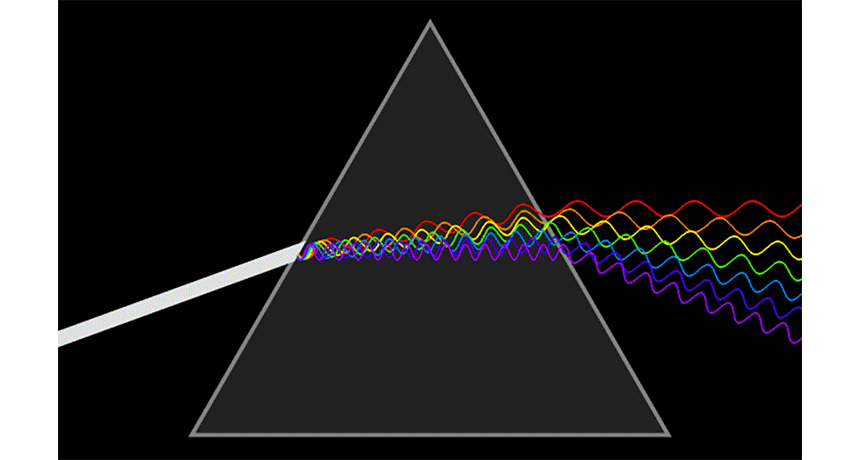 Physics
PhysicsScientists Say: Refraction
Light or sound may bend as it travels from one medium, such as air, to another, such as water. This bending is called refraction.
-
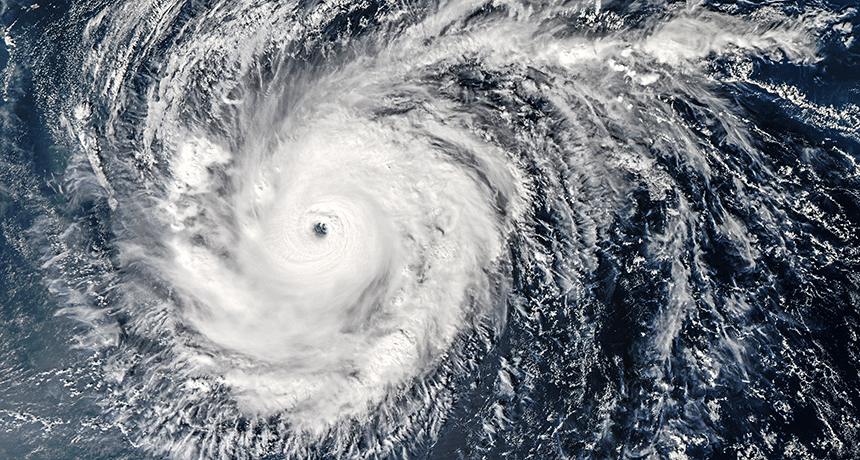 Climate
ClimateScientists Say: Weather bomb
Weather doesn’t just affect the air. Huge storms can send waves of pressure through the Earth as well.
-
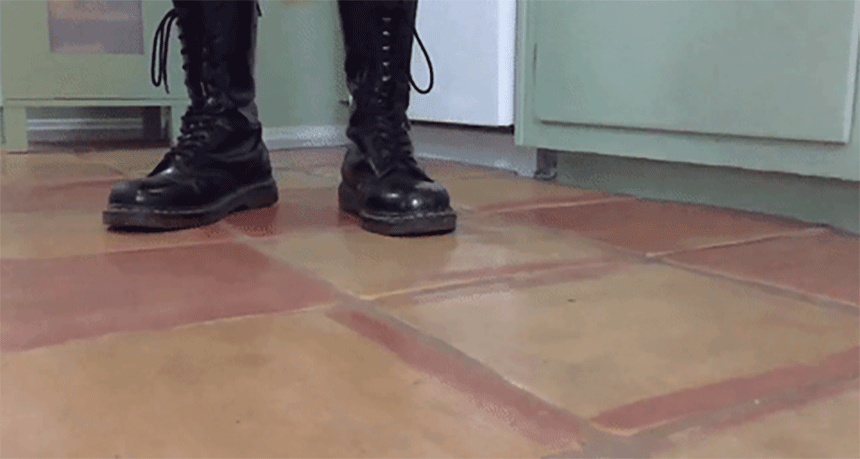 Health & Medicine
Health & MedicineThe five-second rule: Designing an experiment
Is it true that food is still clean if it’s picked up off the floor before five seconds have passed? To find out, we designed an experiment to give us data.
-
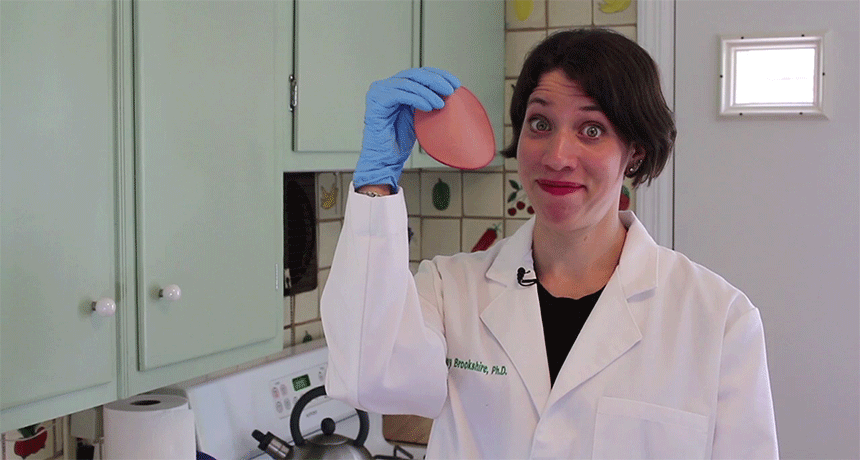 Health & Medicine
Health & MedicineThe five-second rule: Growing germs for science
Is it true that food dropped on the floor and picked up after five seconds is clean? To find out, we’re building an incubator and allowing any hitchhiking germs to grow.
-
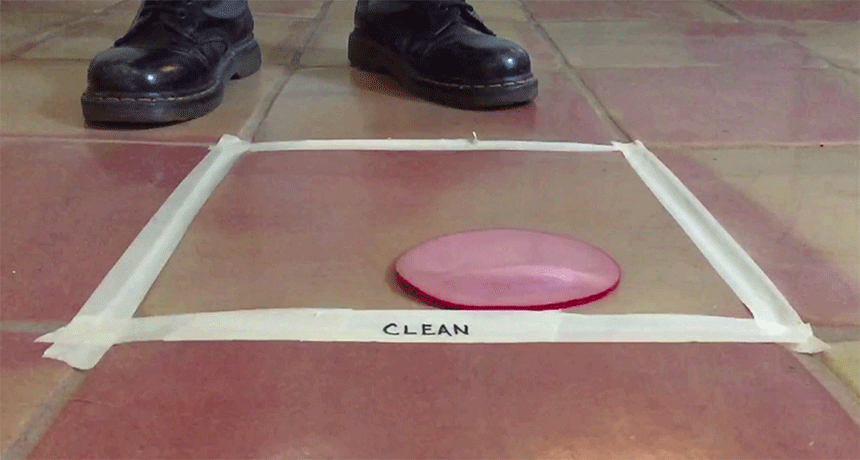 Health & Medicine
Health & MedicineThe five-second rule: Myth busted?
We’ve done an experiment to test the five-second rule. Now it’s time to analyze the data. Be forewarned: They’re not appetizing.
-
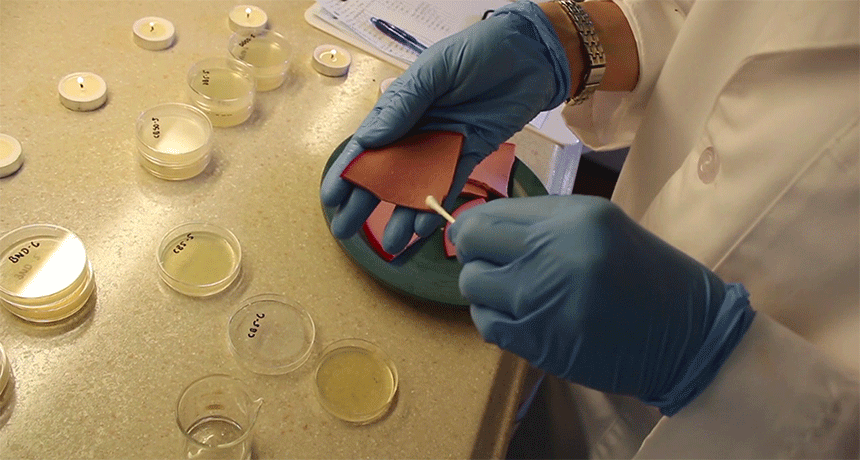 Health & Medicine
Health & MedicineThe five-second rule: Microbes can’t count
A good scientific study compares results to what other scientists have done. These scientists have all debunked the five-second rule.
-
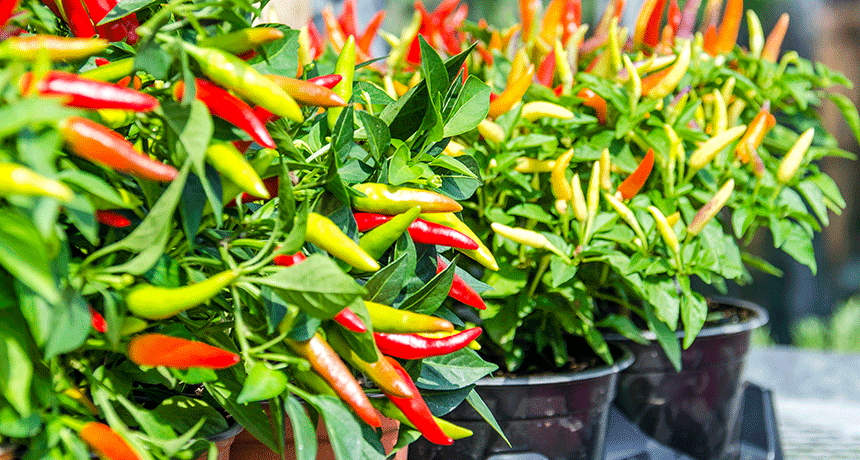 Chemistry
ChemistryScientists Say: Capsaicin
This chemical is produced by pepper plants and gives them their hot flavor.
-
 Chemistry
ChemistryScientists Say: Graphene
This is a single layer of carbon atoms, linked to each other in a flat sheet. It’s super strong, super flexible and conducts current, too.
-

Science classroom excitement is infectious
This is the right kind of peer pressure. Students who recalled excitement in their science classrooms were more likely to try a science career, a new study shows.
-
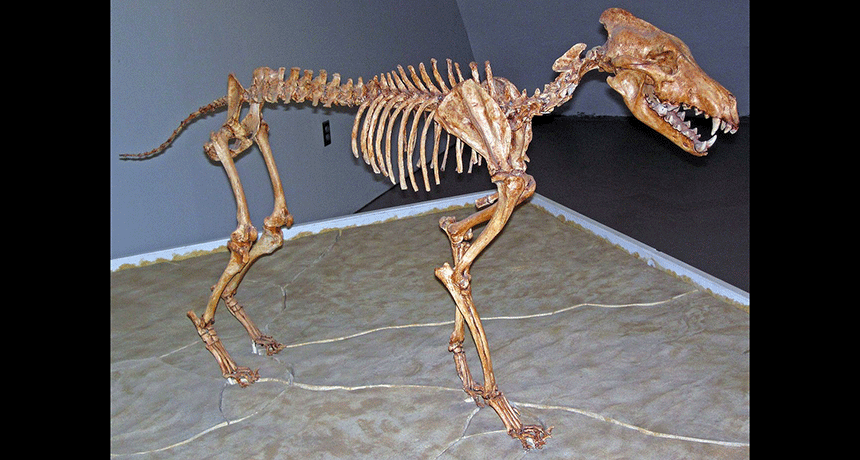 Animals
AnimalsScientists Say: Dire wolf
Dire wolves are an extinct species of wolf that roamed North America from about 300,000 to 12,000 years ago.
-
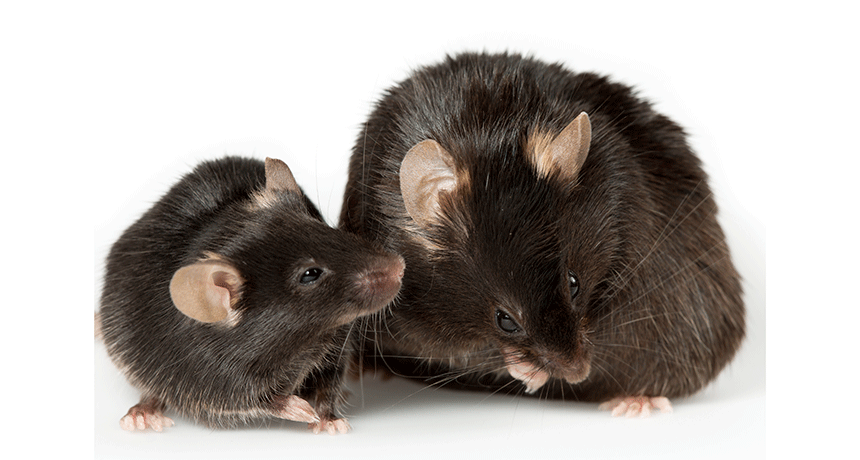 Brain
BrainBrain’s immune system can play role in weight gain
Weight isn’t just calories in, calories out. When mice eat a fatty diet, immune cells in their brains become inflamed. That makes the animals gain more weight.
-
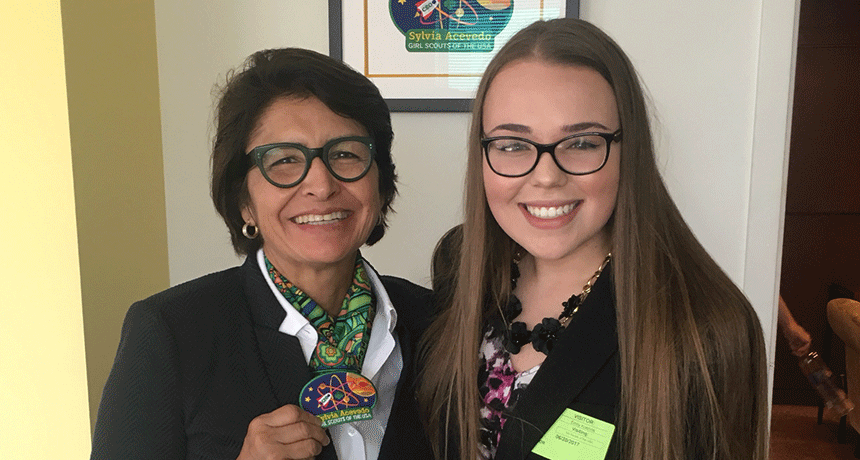
Teen interviews science role models to inspire others
Frustrated with a lack of female role models in science and math, a high school student created a YouTube channel to inform her peers about STEM careers.